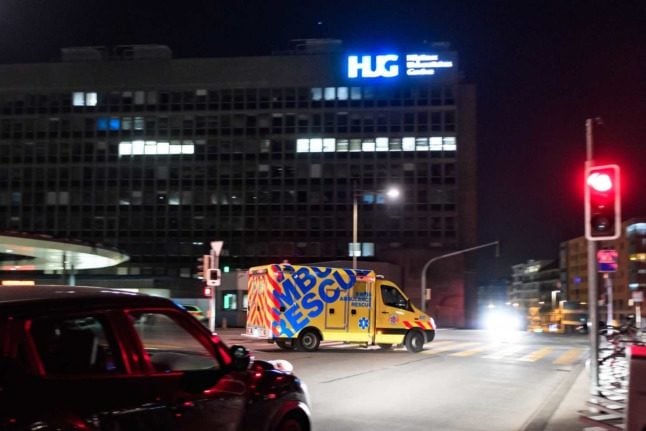CANCER
Denmark to go on the offensive against cancer
The government is preparing to invest one billion kroner into quicker diagnoses of cancer, but there are already concerns that the plan is not enough to combat Denmark's record-setting cancer rates.
Published: 14 August 2014 10:29 CEST

Photo: Colourbox
Denmark has the highest rates of cancer in the world and the government is now prepared to invest one billion kroner ($179 million) into better cancer treatment. But before an official governmental proposal sees the light of day, it is being criticised from all sides as unambitious.
A leaked internal document revealed that the government will set aside one billion kroner through 2018 to help diagnose cancer earlier. The proposal calls for GPs to be quicker at discovering cancer and for less time to elapse between the initial suspicion of cancer and an official diagnosis. To accomplish this, doctors will be given easier access to book patients into hospital for examination.
The internal document sets the goal that the rate of cancer survival should increase by 25 percent by 2025.
The leak was greeted by scepticism from critics on both sides of the political aisle who worry that the plan is not ambitious enough.
“We need quicker diagnoses of cancer, but that is not enough. Treatment should also go much quicker [than it does today],” Danish People’s Party spokeswoman Liselott Blixt told Danmarks Radio.
The left-wing Socialist People’s Party said the plan does not seem to focus enough on prevention.
“It’s fine that the government will allocate more resources to treating more cancer patients. But I am missing answers on what the government will do to prevent so many people from getting cancer,” SF spokeswoman Özlem Cekic told Ritzau.
Cekic was also concerned about significant geographical differences in cancer survival rates .
“For several forms of cancer, there is unfortunately a big difference in what kind of treatment is available and what kind of survival chances one faces based on where they live in the country. For example, the chances of surviving breast cancer are better at [Copenhagen’s, ed.] Rigshospitalet than other places,” she said.
Opposition party Venstre is also worried that the plan will fall short.
“Overall, there are some terrific initiatives that the government is considering but we fear that they are not ambitious enough. You need to remember that the money is being allocated over four years, so we are still worried about whether it will be enough to do something about the large problems we have with cancer in Denmark,” Venstre spokeswoman Sophie Løhde told DR.
According to the World Cancer Research Fund, Denmark had the highest cancer rate in the world in 2012, with 338 cancer patients for every 100,000 residents. Roughly 16,000 Danes died from cancer in 2012.
The Danish Cancer Society (Kræftens Bekæmpelse) said that the five-year survival rates for cancer patients was 54 percent for men and 58 percent for women between 2009-2011.
Url copied to clipboard!


 Please whitelist us to continue reading.
Please whitelist us to continue reading.
Member comments